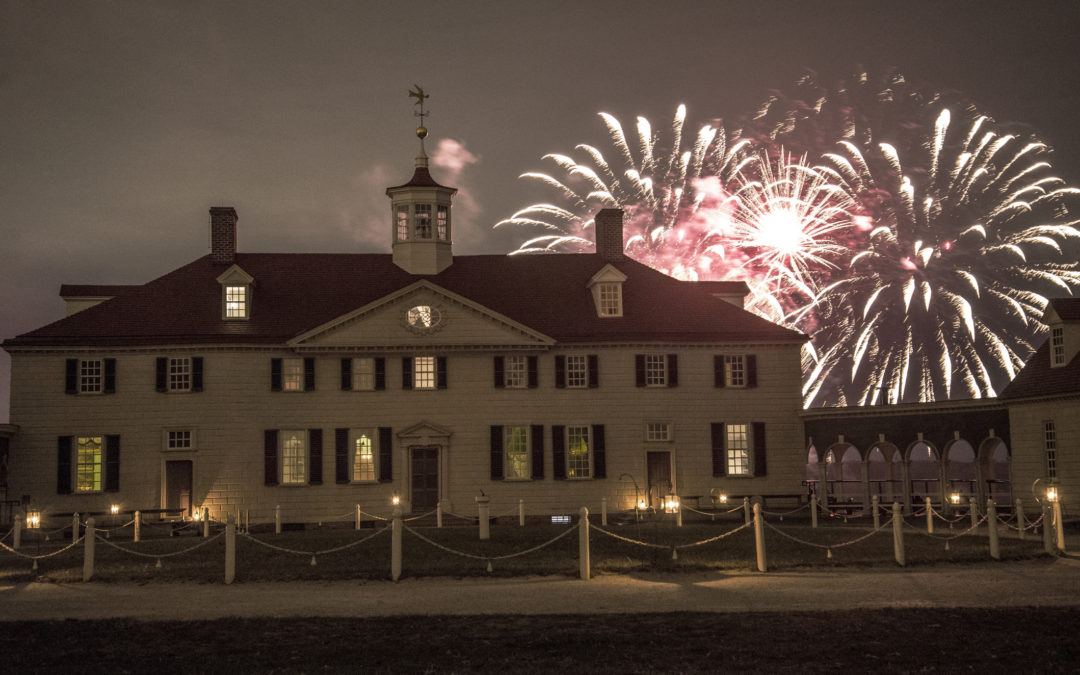Today is George Washington’s birthday.
It is fitting, therefore, to reflect on “the blessings of liberty” and the acts of heroism sometimes required to secure them. And no one stands taller in the pantheon of American heroes than George Washington.
CELEBRITIES AND HEROES NOT NECESSARILY THE SAME THING
The American mind today is deeply attracted to professional athletes, musicians, movie stars, and celebrities and provocateurs of various kinds. Despite their fame and talents, however, most of them are not genuinely “heroic.”
The true hero risks much, sometimes gives much—sometimes gives everything—for the safety and freedom of others. Washington was among the revolutionaries who risked everything they had: their lives, fortunes, and sacred honor.
After defeating a military that out-gunned him in almost every way in order to secure American Independence, and after being offered any title or compensation he might possibly want, Washington asked only that he be allowed to return home. And be left alone.
That is a model for the rest of the world to contemplate. King George III, for one, could not fathom a victorious general requesting nothing more than a return to a life of farming.
MODELS OF EXCELLENCE HELP US TO SEE
In its highest form, the hero is a rare individual who exercises physical, moral, and intellectual virtue far beyond the capacity of ordinary men and women. By his or her example, the hero helps the rest of us to see what it looks like to be courageous, temperate, wise, and just. The hero helps the rest of us to see human excellence.
Washington, in particular, shows us in his actions, and teaches us in his writings, how to be self-reliant, self-assertive, self-defending, self-governing citizens of the freest nation on earth. And he makes clear the lengths to which we might need to go if we are to defend that freedom successfully from all enemies, foreign and domestic.
On July 2, 1776, Washington sent general orders to his citizen-officers—whom the Continental Congress had no money to pay!—explaining the war effort and what was being asked of them:
The time is now near at hand which must probably determine whether Americans are to be freemen or slaves; whether they are to have any property they can call their own; whether their houses and farms are to be pillaged and destroyed, and they consigned to a state of wretchedness from which no human efforts will probably deliver them. The fate of unborn millions will now depend, under God, on the courage and conduct of this army.
Our cruel and unrelenting enemy leaves us no choice but a brave resistance, or the most abject submission. This is all we can expect. We have therefore to resolve to conquer or die.
Our own Country’s honor all call upon us for a vigorous and manly exertion, and if we now shamefully fail, we shall become infamous to the whole world. Let us therefore rely upon the goodness of our cause, and the aid of the supreme Being, in whose hands victory is, to animate and encourage us to great and noble actions. The Eyes of all our Countrymen are now upon us, and we shall have their blessings, and praises, if happily we are the instruments of saving them from the Tyranny meditated against them. Let us therefore animate and encourage each other, and show the whole world that a free man contending for liberty on his own ground is superior to any slavish mercenary on earth.
Seven days later, on July 9, 1776, Washington ordered his officers to read the Declaration of Independence to their troops, explaining the rightness of the American cause for freedom.
HAPPY BIRTHDAY TO A HERO
“To add brightness to the sun, or glory to the name of George Washington,” Abraham Lincoln later remarked in a eulogy on the man from Mount Vernon, “is alike impossible.” “Let none attempt it. In solemn awe pronounce the name, and in its naked deathless splendor, leave it shining on.”
Very well, Mr. Lincoln. I shall not attempt it. To the Indispensable Man of the American Revolution, George Washington, I merely say: Happy Birthday, Sir.

